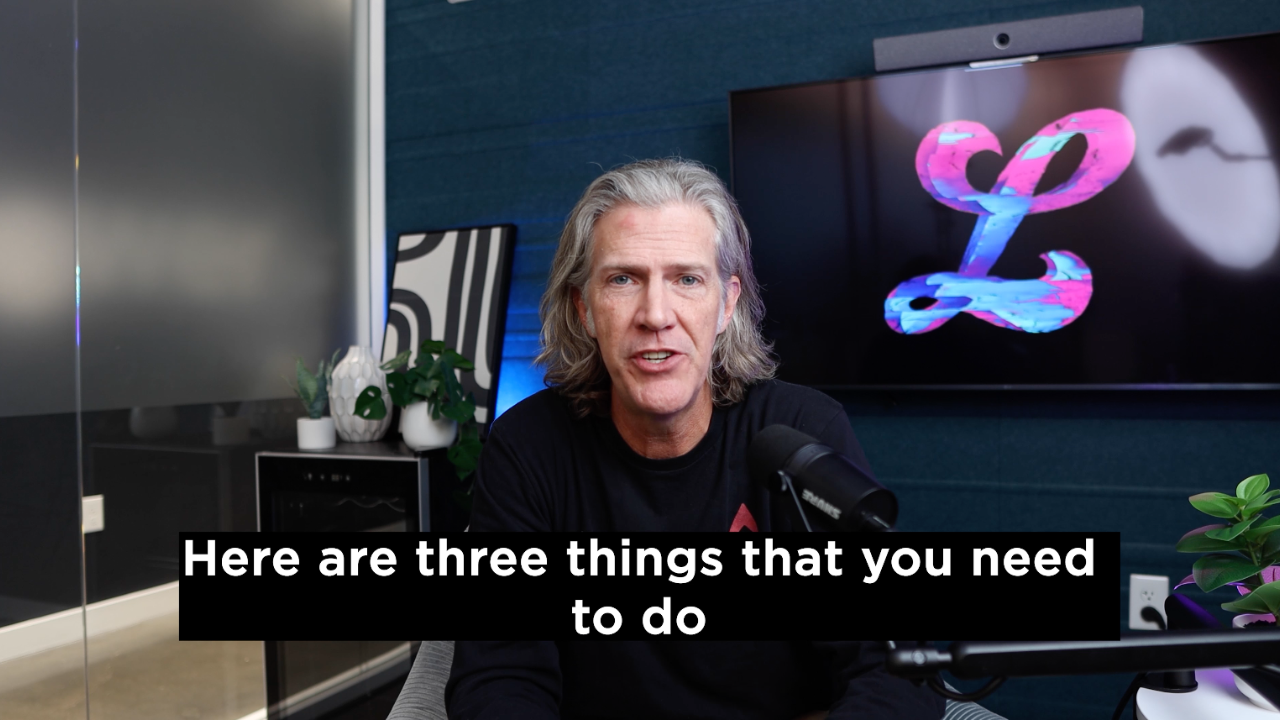How Does an FHA Mortgage Work?
An FHA loan is different from a conventional mortgage because the Federal Housing Administration insures it. The insurance protects the lender from losses if the borrower defaults on the loan. That lowers risk, which is why lenders are willing to accept lower down payments and lower credit scores for these loans.
A conventional mortgage requires 20% down to avoid paying mortgage insurance.
FHA loans will accept a down payment as low as 3.5%. For a $150,000 home, that’s $5,250 instead of $30,000, which is much more accessible for the average home buyer.
Conventional mortgage loans usually require a credit score of at least 620, but you can qualify for an FHA loan with a score of 579 or even lower. If your score is between 500 and 580, you can still get an FHA mortgage, but you’ll need to make a 10% down payment.
You can qualify for an FHA loan with a score of 580 or even lower.
What Makes FHA Mortgage Rates Move?
FHA mortgage rates are typically a bit lower than conventional home loans because of the lower risk. But there are a lot of factors that impact the rate you’ll be offered. It’s a good idea to understand what those factors are so you can create a strategy to find the lowest rate possible.
How much of a difference does the rate make? On a $200,000 home, a 1% difference in the interest rate can increase your monthly payment by nearly $100. Over 30 years, that higher rate would cost you about $30,000 in additional interest.
Your financial situation and by the market influences the rate you’ll pay.
Market Factors That Influence FHA Mortgage Rates
You’re probably aware that interest rates rise and fall over time. But do you know the factors that determine the rates and how to watch for changes?
The Federal Reserve Bank—the Fed—sets the tone for interest rates, depending on what they feel will benefit the economy overall. By law, banks are free to set their own rates within certain limits. But the Fed creates incentives that can push interest rates higher or lower.
Generally, when the economy is strong, the Fed will raise rates to encourage people to save. It lowers rates when the economy is sluggish to get people spending again.
In a strong economy, you can expect rates to go up. If the economy isn’t good, watch for rates to go down.
The ten-year Treasury bond yield is considered the best indicator as to whether FHA rates will go up or down this week. That’s because most homeowners tend to either pay off or refinance their homes in about ten years, even if they’ve taken out a 30-year mortgage.
If you’re ready to apply for your mortgage and you’re not sure whether you should hurry or wait a few days, look at the Treasury bond yield. If it’s rising this week, you should probably lock in your rate as quickly as possible. If it’s falling, you might want to wait a few days to see if mortgage rates come down as well.
That’s how rates move overall, but there are specific factors that will influence the rate you’re offered. You have a little more control over those.

















.svg)

.svg)















